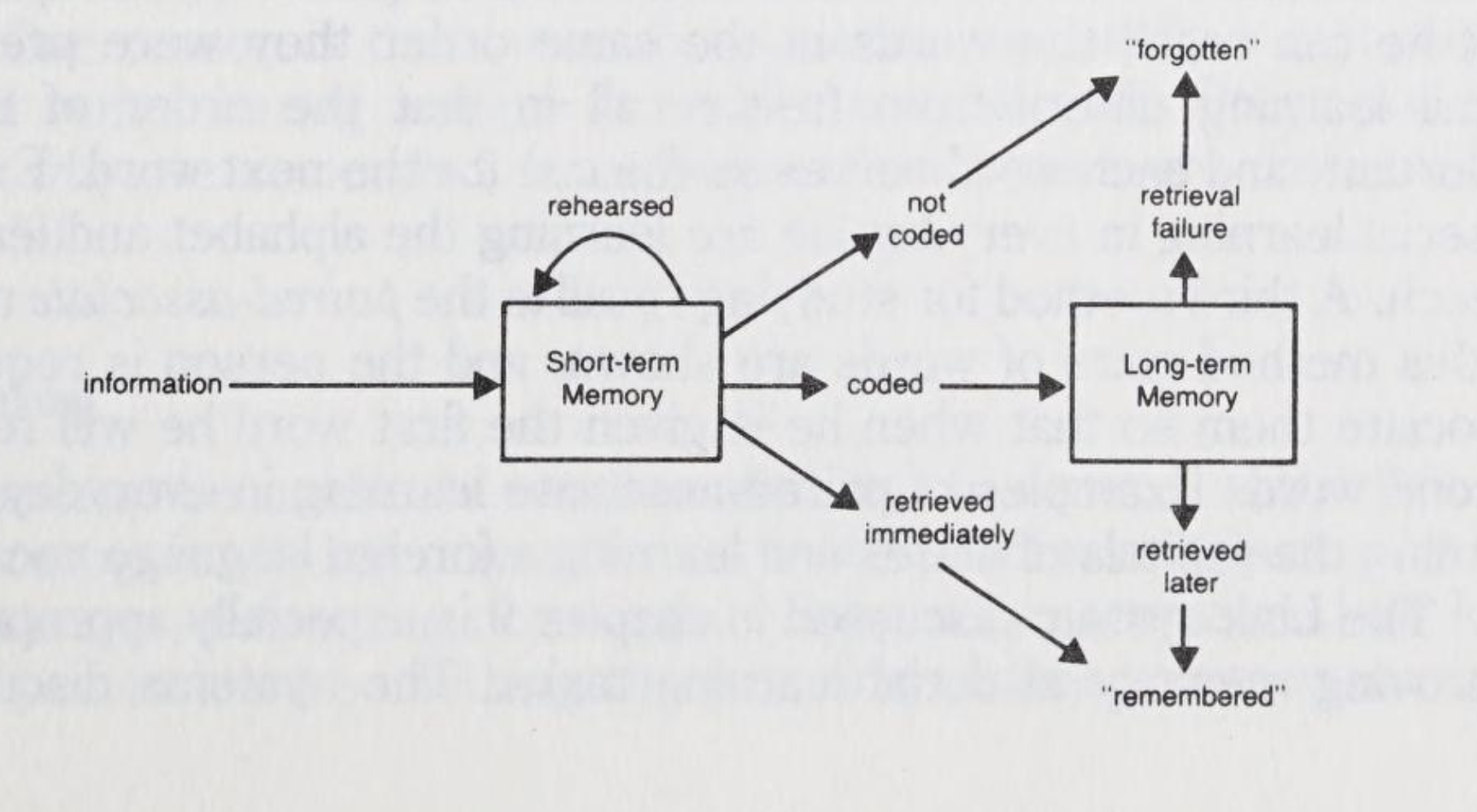memorization, the gateway to unconventional connections
Memorization of assorted facts and diverse sets of information is not an end in itself -- rather, it is honing the skill of making unconventional connections.
I am on a memorization kick after reading Kenneth Higbee's Memory. I've been applying his techniques and loving how powerful a few mnemonics are in retaining information I once found almost impossible to remember.
Despite the enthusiasm and excitement, I pause to ask myself what it's all for. I pause often -- there's a part of me trying to protect myself from wasting time. Time is precious, life is short, so choose wisely how to spend it. All good. So, what do I tell this inner voice? How do I justify memorizing the fact that Charles V was both King of Spain and Holy Roman Emperor from 1516 and 1519 respectively till 1556?
Well, inner voice, here are a few reasons:
-
We are playing an experiment and trusting in emergence. This is fun and feels exciting and engaging -- let's give it 90 days and see how it goes. We can evaluate then.
-
This practice is part of keeping the mind sharp -- it is like going to the gym for the mind, where we can reduce the likelihood of degenerative diseases like dementia.
-
Perhaps most interesting -- the collection of diverse facts can lead to novel connections, ones that neither you nor others have yet thought of. You can be the bridge between worlds of information. When you learn dates, as you remember others, you can know what else was going on in the world at the same time. We don't know what you'll connect, but learning different pieces of information and installing them into long-term memory is foundational to making novel connections on the fly.
So, I'll continue my experiment -- I am excited to remember whatever I choose, not as an accident but as a practice. And who knows what novel connections will emerge from learning -- and perhaps more interestingly, in sharing with others.
